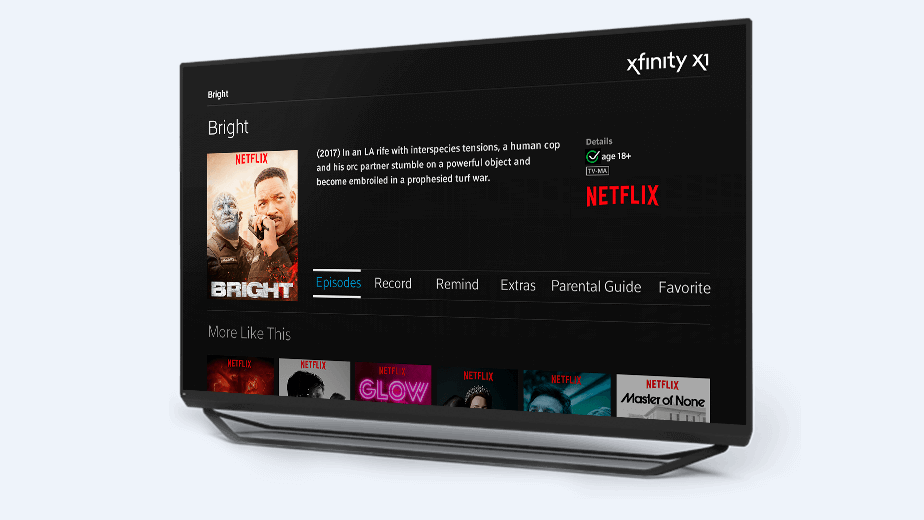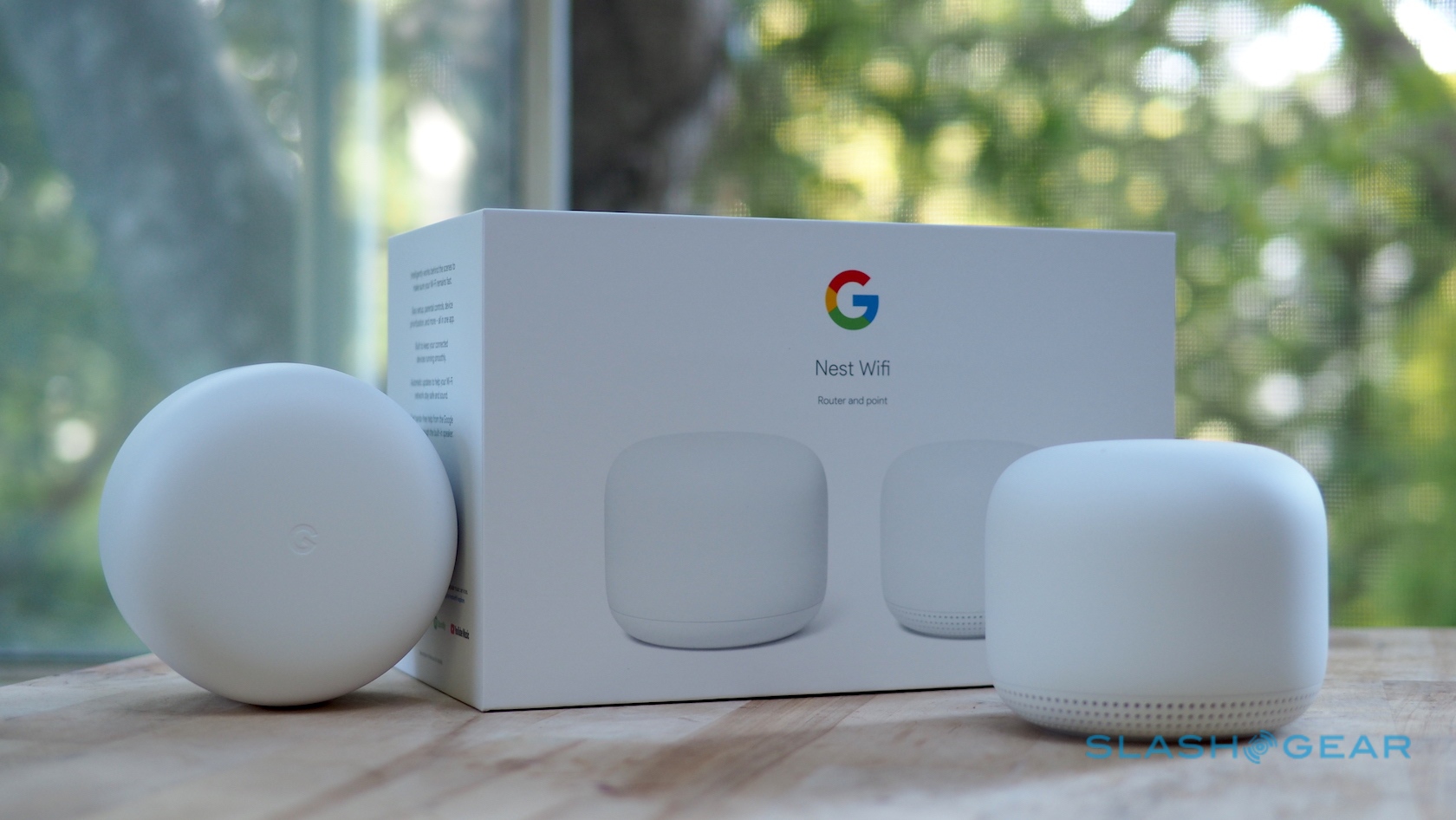Over the years, the internet has become a huge part of our lives. It’s much more easily accessible than it used to be, which means a lot of people are now spending an excessive amount of time on it. This leads to them sharing a lot of personal data online, which can become a problem if it gets in the wrong hands. Sharing even the tiniest bit of data online can allow your privacy to be compromised because practically the whole world might have access to it.
It is extremely important for not only your own safety, but also the safety of those around you that you take all necessary precautions to keep your privacy protected when using the internet. You can do this by following the smart tips. If you frequently encounter internet issues when trying to browse, FirstEnergy Toledo may help better your online experience.
Use Strong Passwords
A lot of the time, simply guessing a range of possible passwords can allow a complete stranger access to your data. This is the most easily avoidable scenario since you can protect your data simply by choosing a strong password that no one will be able to guess. A strong password typically includes a capitalized letter, a number, and a special character. This is often suggested by different platforms as well, whenever you make a new account. It applies to your PC/laptop, email, and social media passwords. This way, your password will become very difficult to crack and your data will be much safer.
Do Not Post Personal Information Anywhere
For people looking to steal data, one of the easiest ways to do it is by getting someone’s personal information through their social media accounts. A lot of people document their entire lives online, and even those of us who don’t can accidentally reveal more than we intend to; for example, posting a picture outside your house with the nearest landmark showing will reveal your residential address to the world. This, in-turn, could be used to hack into your other personal data too. Make sure your privacy is protected on all platforms and be very careful with what you post.
Keep Your Notifications Hidden
If you don’t have the right settings selected, notifications for all your apps will appear on your lock screen. This can prove to be very dangerous if you happen to be in a public place and someone glances at your phone and discovers some personal information. Make sure that you have an eye on all such gadgets at all times, and even if you don’t, the notifications are enabled in a way that only you will be able to see them after unlocking your device.
Protect Your Apps
One of the easiest ways for someone to access your data is by scrolling through the apps on your phone. Fortunately, this is something that can be avoided simply by using other apps that password-protect all of your valuable data. This way, even if someone manages to get a hold of your device and unlock it, they will need to know the password to get into your other apps as well. Applications that are at risk in such situations include the photos app, email, social media accounts, money-related apps, and in some cases, even your contact list.
Protect Photos
As mentioned earlier, your photos are the gateway to your personal life. The smallest hints in your pictures can tell complete strangers a lot more about you than they should know. This means that your photos should be one of the most well-protected apps on your device.
One of the things you can do to avoid any problems is simply backing up your photos to an online server which only you can access. Not only will this keep your data safe, but it will also give you a lot of extra space in your phone, allowing it to run much more smoothly.
Browse Privately When Required
Private browsing is something that has been around for the longest time, yet people rarely use it to its full advantage. This type of browsing can be used to protect your location and data from getting leaked, especially if you’re on a public Wi-Fi network. Private browsers work by allowing you to browse as much as you want, without actually saving or transmitting any of that data to external entities. Private browsers also do not save any data in your search history, which makes them a very safe option for browsing.
Do Not Open Unfamiliar Links
This is possibly the most common cause of data breach, but opening a link that you receive on any platform without ensuring that it’s safe is a big mistake. Oftentimes, even the links you may receive from people you know might be coming from hackers, rather than that person. The second you click these links, the sender can automatically gain access to all data present on whatever device you were using at the time. These links have become increasingly popular over the years, and while they previously were only sent through email, they are now present all over social media as well.
Conclusion
The internet can be both a blessing and a curse, depending on how you use it. It’s not impossible to keep your data safe when being online, but vigilance is important. You can never be too careful when protecting your privacy, and these tips are sure to make your internet experience a lot more secure




